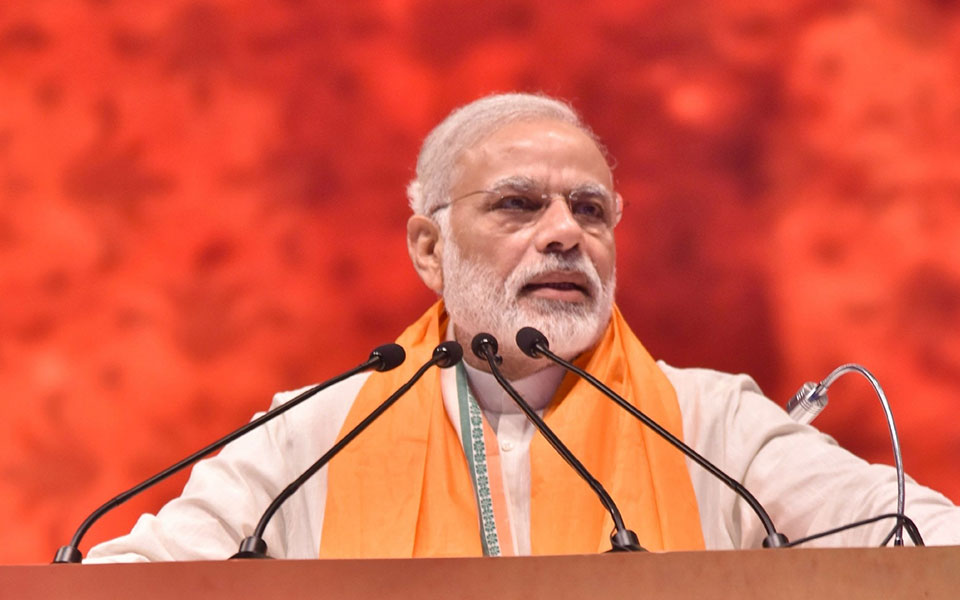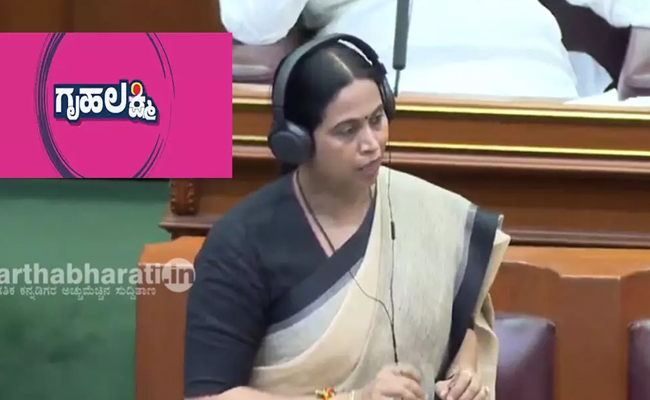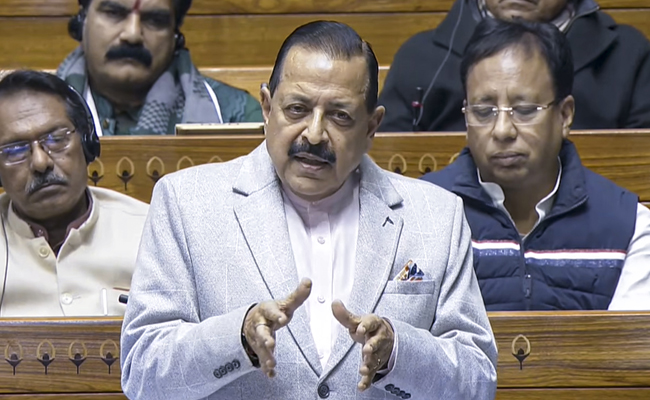New Delhi, Aug 26 : Prime Minister Narendra Modi on Sunday said the Criminal Law (Amendment) Act, passed earlier this month, will act as a deterrent against rape and will play an effective role in curbing crimes against women and young girls.
"No civilised society can tolerate any kind of injustice towards women. The nation will not tolerate those committing rapes. With this point in view, Parliament has made a provision of strictest punishment by passing the Criminal Law (Amendment) Bill," Modi said in his monthly "Mann Ki Baat" programme.
Under the new Act that will replace the ordinance the government had brought in April, those guilty of rape will get a minimum sentence of 10 years and those found guilty of raping girls below the age of 12 years will be given death sentence.
Modi also hailed the decision of a court in Mandsaur in Madhya Pradesh to pronounce death penalty to two criminals who were found guilty of raping a minor girl.
Let the Truth be known. If you read VB and like VB, please be a VB Supporter and Help us deliver the Truth to one and all.
Belagavi (Karnataka) (PTI): The opposition BJP on Wednesday staged a walkout from the Karnataka assembly protesting the alleged "non-disbursal" of two months' installments to 1.26 crore beneficiaries under a woman's assistance scheme of the state government.
The protest followed a heated debate in which the opposition accused the state government of providing "misleading" information regarding the payment status of the flagship Gruha Lakshmi scheme.
The saffron party members trooped into the well of the House and raised slogans, leading to the adjournment of the proceedings of the House for over an hour.
ALSO READ: 'Homebound' makes it to Oscar shortlist for best international feature
The Gruha Lakshmi guarantee scheme is one of the five pre-poll promises of the ruling Congress. It provides Rs 2,000 monthly to women heads of the Below Poverty Line (BPL) families.
The BJP legislators accused Woman and Child Welfare Minister Laxmi Hebbalkar of having "misled" the House by giving false information to BJP MLA Mahesh Tenginkai that all the instalments till August have been paid under the scheme.
The opposition charged that the installments for the months of February and March this year were not paid.
The BJP MLAs' grouse was that they had been demanding an explanation from the Minister for the past three days, but she never turned up to provide information.
As soon as the session started, the opposition members trooped into the well of the House demanding the Minister's presence, which led to the adjournment.
When the members assembled again, the Minister replied that this is a unique flagship programme of the Congress government, which is a model for all the states.
Hebbalkar said she always strived to ensure that this scheme is implemented religiously.
"However, when I checked, I noticed that two months' installments were not paid to the beneficiaries through Direct Benefit Transfer (DBT). If my reply has hurt anyone, then I express my regret," she said.
Deputy Chief Minister D K Shivakumar, who came to the defence of Hebbalkar, said the BJP should apologise for the lie in the Union Budget.
"Despite the Union Minister Nirmala Sitharaman announcing Rs 5,300 crore for the Upper Bhadra Irrigation Project in the budget, the money was not given to Karnataka. You should question that as well," Shivakumar underlined.
ALSO READ: Actress Shilpa Shetty's restaurant booked for breaching operating hours
To this, Leader of Opposition in the assembly R Ashoka said the matter was raised because not only were the BJP members hurt but also the 1.26 crore beneficiaries who were eagerly waiting for the money.
Demanding that the lie be expunged from the House records, he insisted on a date for when the backlog will be paid to the beneficiaries.
The Minister said she was apologising for giving a wrong reply, but she was peeved at the way a woman was targeted in the House.
Objecting to this statement, BJP MLA S Suresh Kumar asked her to refrain from playing victim card and bring up the issue of gender, caste and religious discrimination as it was a matter related to 1.26 crore people.
Ashoka and the BJP MLAs then staged a walkout, saying the Minister's reply was not satisfactory.





